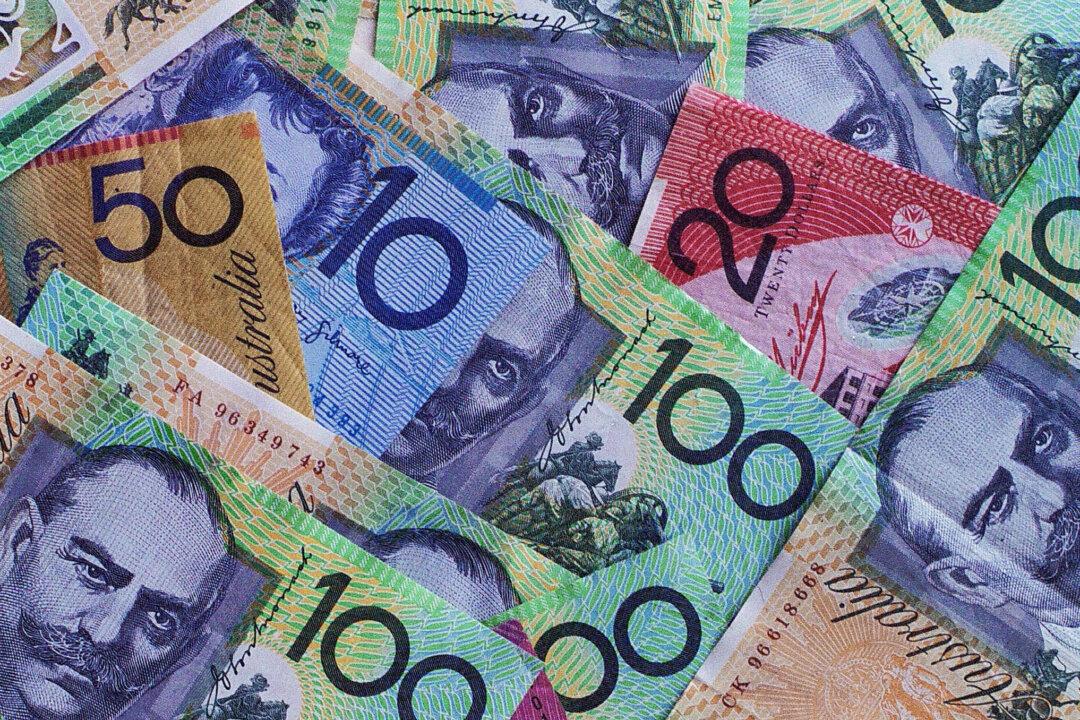Australia’s monthly inflation rate has risen again in May, raising concerns about the possibility of another interest rate hike.
New data from the Australian Bureau of Statistics (ABS) showed that the monthly consumer price index (CPI) rose 4 percent in the year to May 2024, up from 3.6 percent in April.





